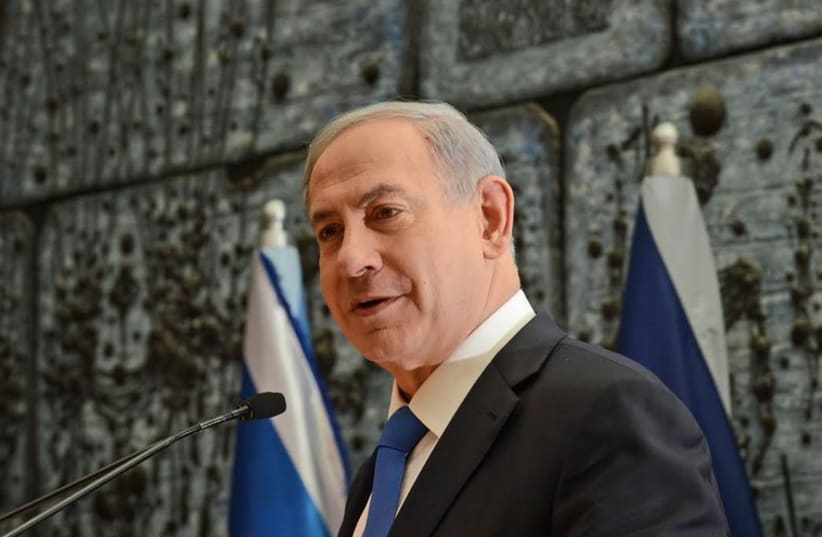The Attorney General Yehuda Weinstein asked Prime Minister Benjamin Netanyahu on Thursday not to make decisions regarding the judges for the Israel Prize during the election campaign period.
Weinstein's instruction comes after Netanyahu was severely criticized for rejecting Professors Avner Holtzman and Ariel Hirschfeld for the Literature Prize panel and filmmaker Chaim Sharir for the judge’s panel for the Israel Prize in Film.
In the wake of Netanyahu's decision, the remaining members, comprised of authors and academics, resigned from the Literature panel, as they decried “the clear politicization of the prize,” casting doubt on whether the prize would be awarded this year.
Several noted authors and cultural icons, including Ruth Dayan, Haim Be’er, Sami Michael, and David Grossman withdrew their candidacy for the Literature Prize in protest.
The prime minister holds the Education Ministry portfolio, which is responsible for overseeing the Israel Prize, and had been asked to approve the judges panels, usually a formality.
The Prime Minister's legal advisor Shlomit Barnea-Pargo responded on Friday morning to the Attorney General's letter saying Netanyahu respected the instruction not to be engaged with the appointments of the judges during the election period.
Netanyahu said that if he will head the next government he will establish a committee to devise criteria for the appointment of judges for the prize. President Rivlin on Friday appealed to the judges and the nominees who were dismissed or who resigned to return to the former status quo before Netanyahu's dismissals. “The Israel Prize is precious to all of us, both right and left,” said Rivlin in a written statement.“It is one of the last common denominators of Israeli society and symbolizes our unique, in-depth wisdom as a people in the humanities culture, literature, science, and values. This is a sign of the recognition that the nation gives to its brightest sons and daughters, and we must safeguard it against becoming tainted,” the President added.
Head of Meretz Zehava Gal-On lauded the Attorney General for making the request.
"The decline to facism always begins by examining the patriotism of artists and the deligitimization of their works," Gal-On said.
The Zionist Union also praised the Attorney General's move.
"Netanyahu does not care about Israeli culture and does not care about the Israeli public," the Zionist Union statement read.
The Zionist Union accused Netanyahu of using the Israel Prize judge disqualifications as a way to win seats from the Bayit Yehudi party but it said that he should not have these fights "on the back of cultural figures, who in contrast to him, have contributed a thing or two to the citizens of Israel."
On Thursday Netanyahu responded to the criticism for disqualifying the judges in a Facebook post where he asserted that the Israel Prize committees have become a “private playground of the radical Left, anti-Zionist and pro-Palestinian, that preaches refusal to serve in the IDF.”
The rejection of the judge candidates was spurred by the extremism of the committee members, who distribute prizes to their friends, whoever shares their leftist viewpoints, Netanyahu said.
